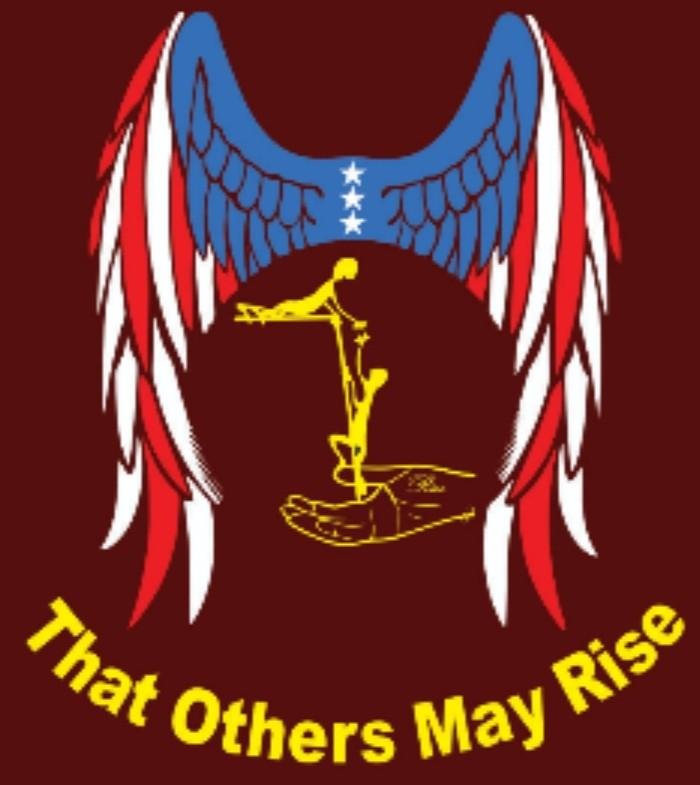Confusing Supererogation With Pride: The Struggle of Veterans
The image of a proud soldier refusing help while drowning in a sea of mental health issues is a powerful one. The depiction drawn by Paul Combs of a soldier being dragged down by pride as the sharks of depression, PTSD, suicide, etc., circle the soldier is a powerful one. I agree with 95% of what Paul Combs laid out and would like to take this opportunity and focus on the main issue of what is perceived as Pride. Fundamentally it misunderstands why many veterans suffer in silence. This isn't about pride; it's about supererogation - a concept that lies at the heart of military service but is often misinterpreted by civilians. Supererogation refers to actions that go above and beyond the call of duty. In civilian life, these are exceptional. In the military, they're expected. From day one, service members are instilled with a sense of duty that transcends normal boundaries. They're taught to push through pain, to put others before themselves, to never let their team down. This isn't mere pride - it's a deeply ingrained ethical code. For many veterans, seeking help feels like abandoning their post. It goes against everything they've been trained to do. This isn't stubbornness or ego - it's the weight of a moral obligation that's become both their strength and their burden. By confusing supererogation with pride, we risk sending a dangerous message to veterans: "You're too proud. Just get over it and get help." This oversimplification ignores the complex realities veterans face:
Guilt over actions taken or not taken in the fog of war or life and death
Shame at not living up to impossible standards of toughness
A profound loss of purpose and identity after leaving the military
The ingrained belief that carrying one's own burden silently is a virtue
Labeling these deep-seated issues as simple "pride" does a disservice to veterans and can make it harder for them to seek help. It suggests their suffering is a choice, rather than the result of intensive training, environment, and often traumatic experiences. What's needed is not judgment, but understanding. We must create safe spaces where veterans can voice their struggles without fear of being seen as weak or failing in their duty. We need to acknowledge the unique pressures they face and offer support that aligns with their values of service and sacrifice. This isn't about telling veterans to "swallow their pride." It's about helping them find new ways to fulfill their sense of duty - including the duty to care for themselves so they can continue serving others. The path to healing for many veterans isn't about abandoning their military values. It's about redefining what supererogation means in civilian life. It's about understanding that seeking help can be an act of courage and service in itself. Only by recognizing the difference between pride and the deeply ingrained sense of duty that many veterans carry can we truly begin to address the silent burdens they bear. It's time we stop confusing supererogation with pride and start offering support that honors the core values of those who've served.
Supererogation


